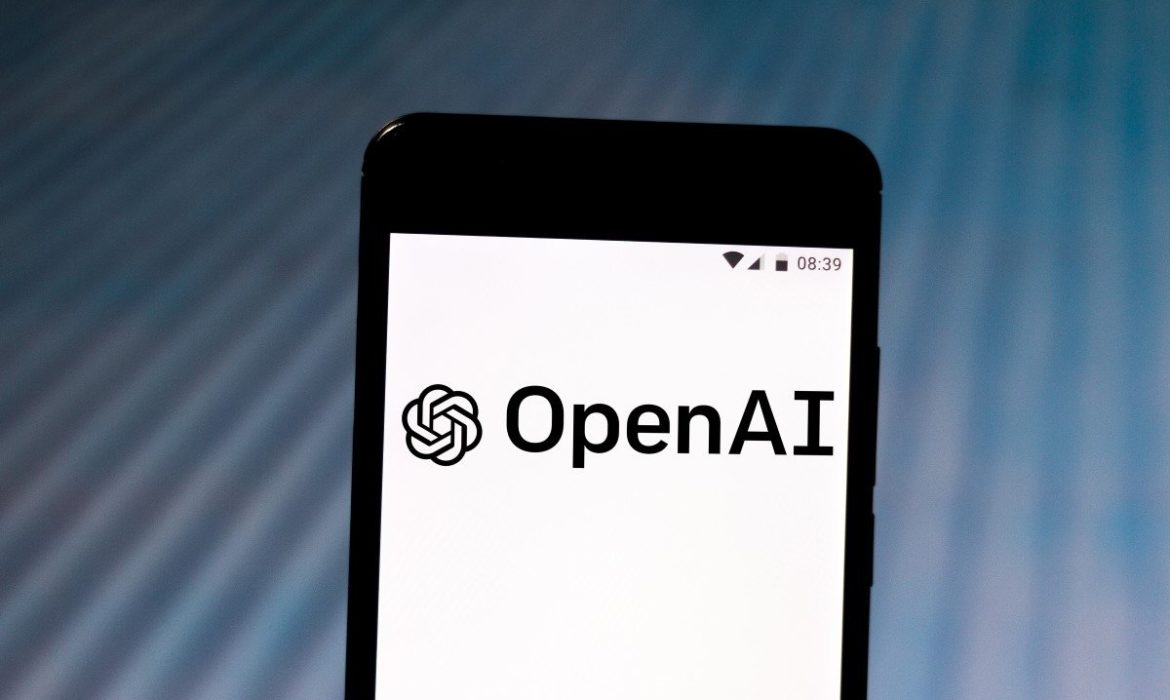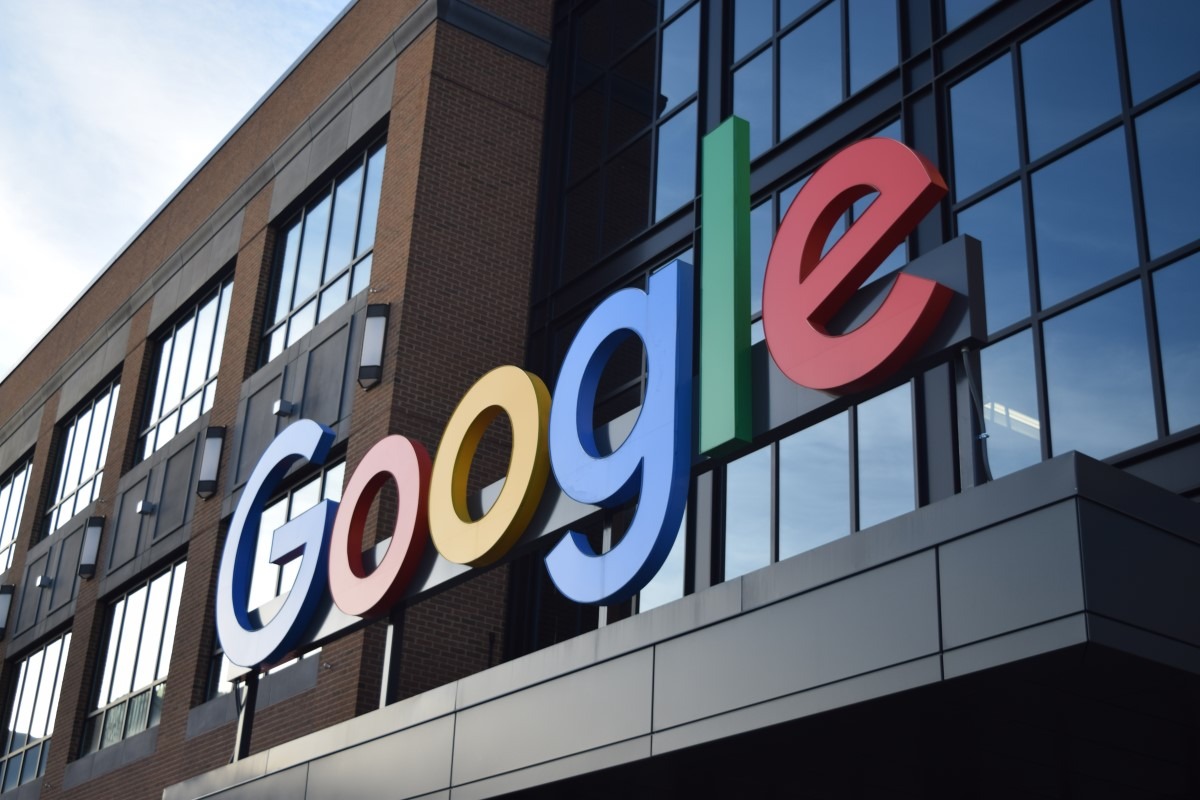Key Points
- OpenAI was founded in 2015 by Elon Musk, Sam Altman, and Greg Brockman, aiming to develop AGI for humanity’s benefit.
- Transitioned to a “capped profit” model in 2019, receiving a $1 billion investment from Microsoft.
- 2023 saw boardroom drama, legal challenges, and Musk’s launch of a competing AI venture, xAI.
- The lawsuit alleges OpenAI prioritised profit over its mission, sparking regulatory and public scrutiny.
In 2015, visionaries Elon Musk, Sam Altman, and Greg Brockman established OpenAI. Their goal was ambitious: to create Artificial General Intelligence (AGI) that could outperform any human task. Yet, their mission was clear. They wanted to ensure these advancements served humanity, not just profit margins. Operating as a not-for-profit, OpenAI embarked on a journey to harness AI’s potential for the greater good.
From Non-Profit to $1B Microsoft Investment
By 2019, OpenAI’s structure underwent a significant transformation. The organisation transitioned to a “capped profit” model. This change opened doors to substantial investments, notably a $1 billion infusion from Microsoft. Creating OpenAI LP, a for-profit arm, marked a pivotal shift. Also, this move, spearheaded by Altman, Brockman, and Chief Scientist Ilya Sutskever, propelled OpenAI’s valuation to an astonishing $90 billion. Yet, with great valuation came great scrutiny, especially as the partnership with Microsoft deepened.
AI Rifts and Musk’s xAI Challenge
2023 was a tumultuous year for OpenAI. Amidst expanding collaborations with Microsoft, Sam Altman faced a temporary ousting from the board. This period also saw Elon Musk launching his AI venture, xAI, introducing Grok as a competitor to ChatGPT. These developments, therefore, underscored a growing rift within the AI community, highlighting differing visions for the future of artificial intelligence.
Legal and Ethical Dilemmas in AI’s Profit Pursuit
The latter part of 2023 brought OpenAI’s mission and operations under legal scrutiny. In San Francisco, a lawsuit alleges the organisation strayed from its founding principles, focusing excessively on profit, especially benefiting Microsoft. This lawsuit aimed to realign OpenAI with its original charitable mission, demanding transparency and a return to open-source ideals. However, Musk critiqued OpenAI’s leadership for straying ethically, emphasising existential risks and profit prioritisation in AI development.
Regulatory Eyes on OpenAI’s Mission and Profit
The unfolding drama caught the attention of US regulators, initiating investigations into potential misleading of investors. The public and investment communities watched closely, engaging in heated debates over the ethical implications of AI’s commercialisation. The partnership between OpenAI and Microsoft, initially a strategic boon, now faces scrutiny, potentially compromising foundational mission.
As OpenAI navigates these challenges, the broader implications for AI development and ethical standards remain at the forefront. Initially altruistic, OpenAI’s journey, now entwined with legal and ethical dilemmas, highlights innovation, profit, and the responsibility to humanity’s complex interplay.
















